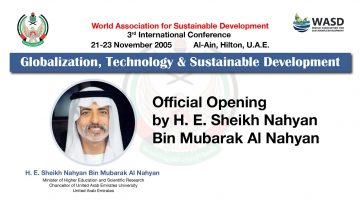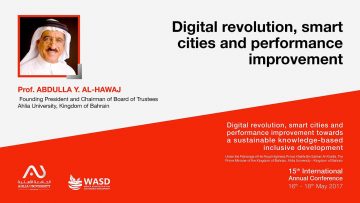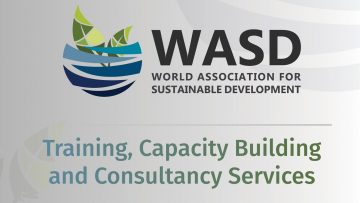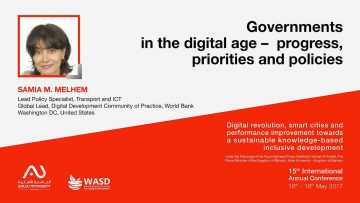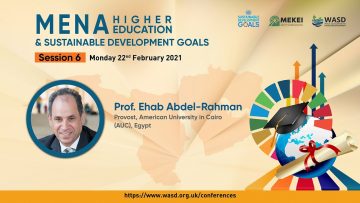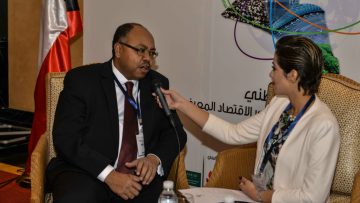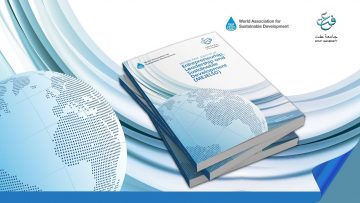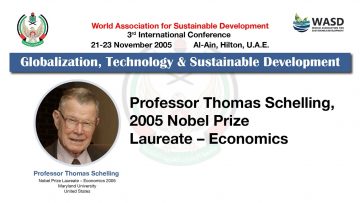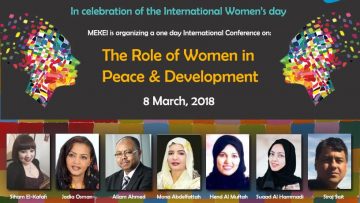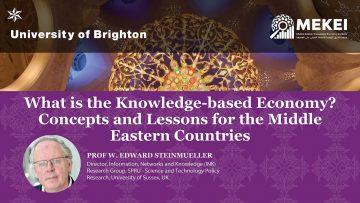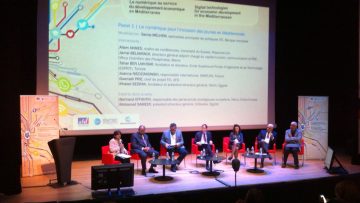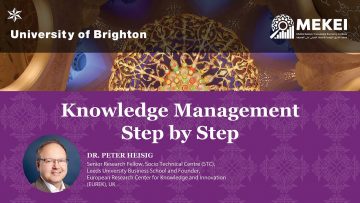(64) The role of the knowledge economy in the economic growth and transformation in Gulf Cooperation Council (GCC) countries: an empirical evaluation, Dr. Alamedin A. Bannaga and Dr. Mohammed O. Batwaih
Dr. Alamedin A Bannaga and Dr. Mohammed O. Batwaih
Senior Expert at the Arab Planning Institute
Kuwait
DOI: 10.47556/J.IJIKMMENA.7.1.2018.1
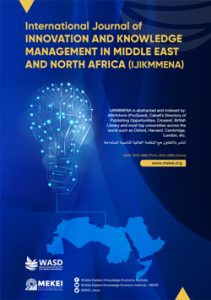 Purpose: Vision statements of current development strategies of GCC countries make clear that transformation into a knowledge-based economy is the developmental goal to be achieved in the next two decades. GCC countries are trying to transform from oil-dependent to knowledge-based diversified economies, utilising available financial capabilities. This paper assesses the role of the knowledge economy in GCC countries, and empirically tests the influence of the knowledge economy on economic performance and diversification.
Purpose: Vision statements of current development strategies of GCC countries make clear that transformation into a knowledge-based economy is the developmental goal to be achieved in the next two decades. GCC countries are trying to transform from oil-dependent to knowledge-based diversified economies, utilising available financial capabilities. This paper assesses the role of the knowledge economy in GCC countries, and empirically tests the influence of the knowledge economy on economic performance and diversification.
Design/methodology/approach: The paper adopts econometric modelling based on panel data regression to achieve its objectives. The paper uses indicators related to economic performance, production and export structures to evaluate the effects of knowledge economy indicators during the period 2000-2015.
Findings: The paper finds that increasing investment in the knowledge economy improves economic performance, enhances diversification, and fosters structural transformation in GCC economies.
What is original/value of the paper: Given the little literature that provides systematic empirical evaluation for the role of the knowledge economy in economic performance and transformation in GCC countries, the paper contributes to the literature by adopting statistical testing and panel data regression analysis to evaluate GCC countries’ experience in this area of investigation. While most of the previous literature on the topic offers general descriptive evaluation of these effects, focusing on some aspects of the knowledge economy on GCC countries in the short term, the current paper pays more attention to long-term challenges facing these countries related to economic transformation and diversification.
Research limitations/implications: The results of the paper lend strong support to the role of the knowledge economy in economic growth performance, in particular investment in increasing quantity and quality of human capital. Moreover, investment in the knowledge economy will increase manufacturing and high technology exports and, in turn, increase diversification and foster structural transformation in GCC countries. The results of the paper are applicable to those countries with the same economic and export structures. The main limitation faced in the study was the lack of disaggregated data on economic activities in all countries in the GCC region.
Keywords: knowledge economy; the GCC; empirical; economic growth; diversification; innovation.





